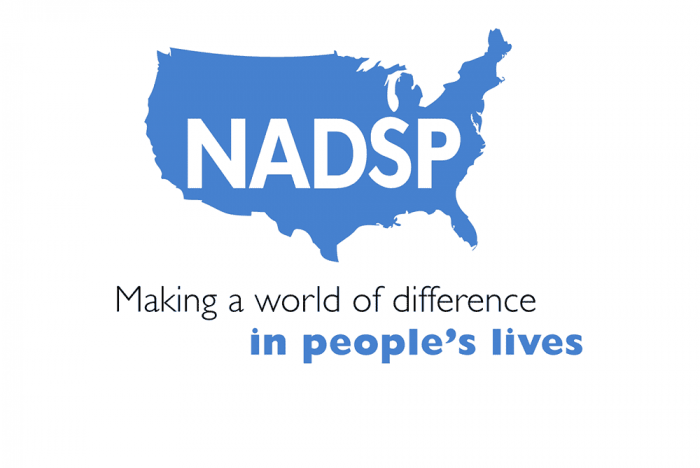DSP
Let’s Talk: Person-Centered End-of-Life Planning for DSPs — Upcoming NADSP Webinar on Feb. 22
2024 Moving Mountains Award: ANCOR Accepting Nominations Through April 3
ODP Prepares for 2023 NCI® State of the Workforce Survey Portal
The Office of Developmental Programs (ODP) has shared ODPANN 24-019. This announcement is directed at all ODP Service Providers who employed Direct Service Professionals (DSP) in 2023. The purpose of the announcement is to inform service providers of ODP’s preparation to open the 2023 NCI® State of the Workforce (SoTW) Survey portal. Please view the announcement and survey reference for information on completing the survey.
Post-Gazette: Marjie Stuber — The State’s Budget Reveals What the State Thinks of People With Disabilities and Autism
Post-Gazette Editorial: Another Budget, Another Chance to Help PA’s Struggling Disability Care System
The State of America’s Direct Support Workforce Crisis 2023 Briefing to Be Held by ANCOR
PA L&I Announces Availability of $2.8M in Grant Funding to Improve Job Quality for Direct Care Workers
On January 8, 2024, the Pennsylvania Department of Labor & Industry (L&I) announced the availability of $2.8M in reemployment funds for the Direct Care Worker Job Quality (DCWJQ) Grant. The grant funding is to be used to boost PA’s direct care workforce by improving job quality and increasing career advancement opportunities. Applicants may request awards of up to $600,000 each.
Additional information about this funding is posted on the L&I grant opportunity web page. This information includes the grant itself, the application form, project summary, budget form, and the Worker Protection and Investment Certificate form.
The application deadline for the DCWJQ Grant is February 29, 2024, at 4:00 pm ET.















